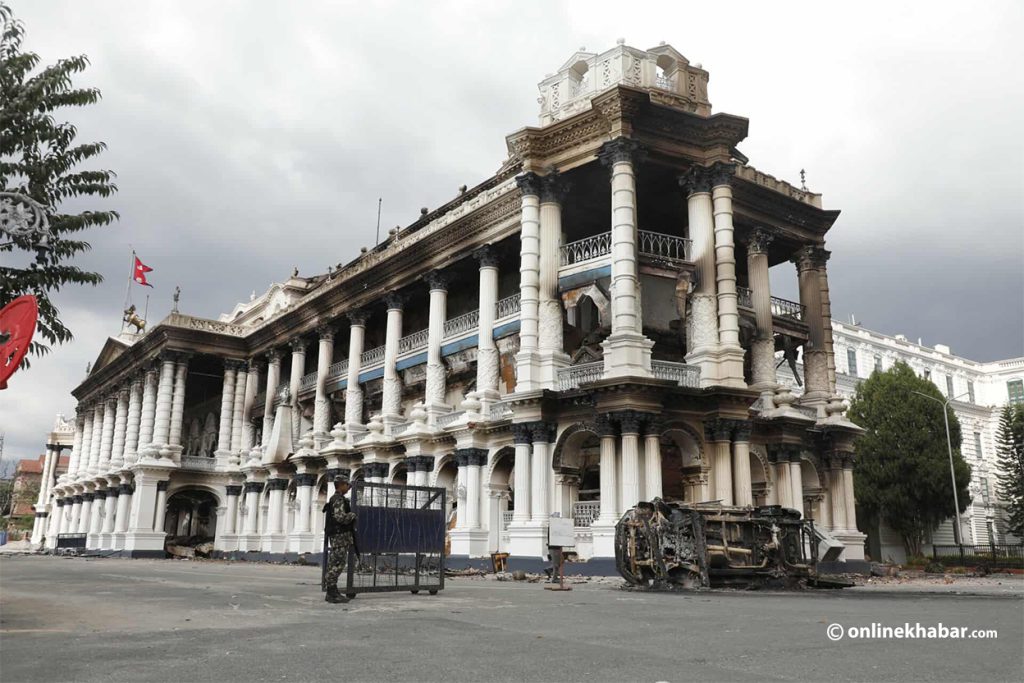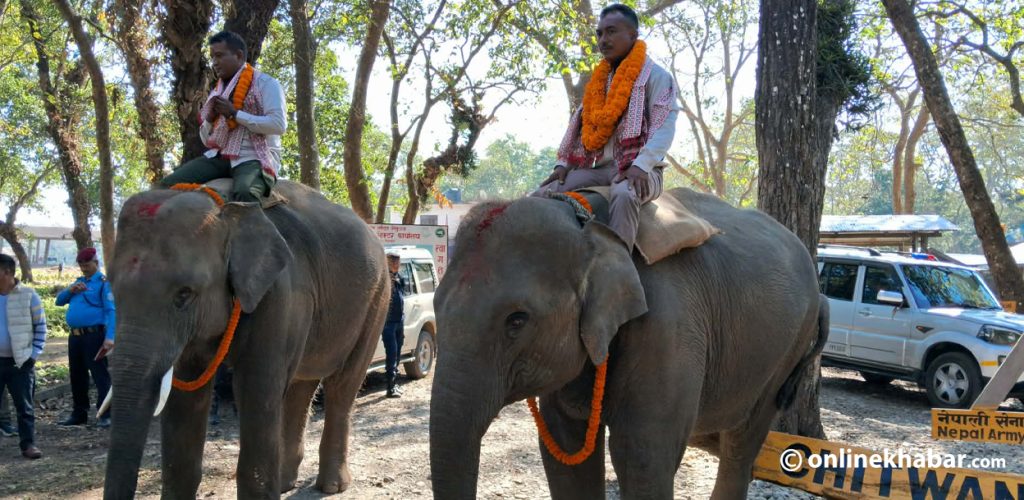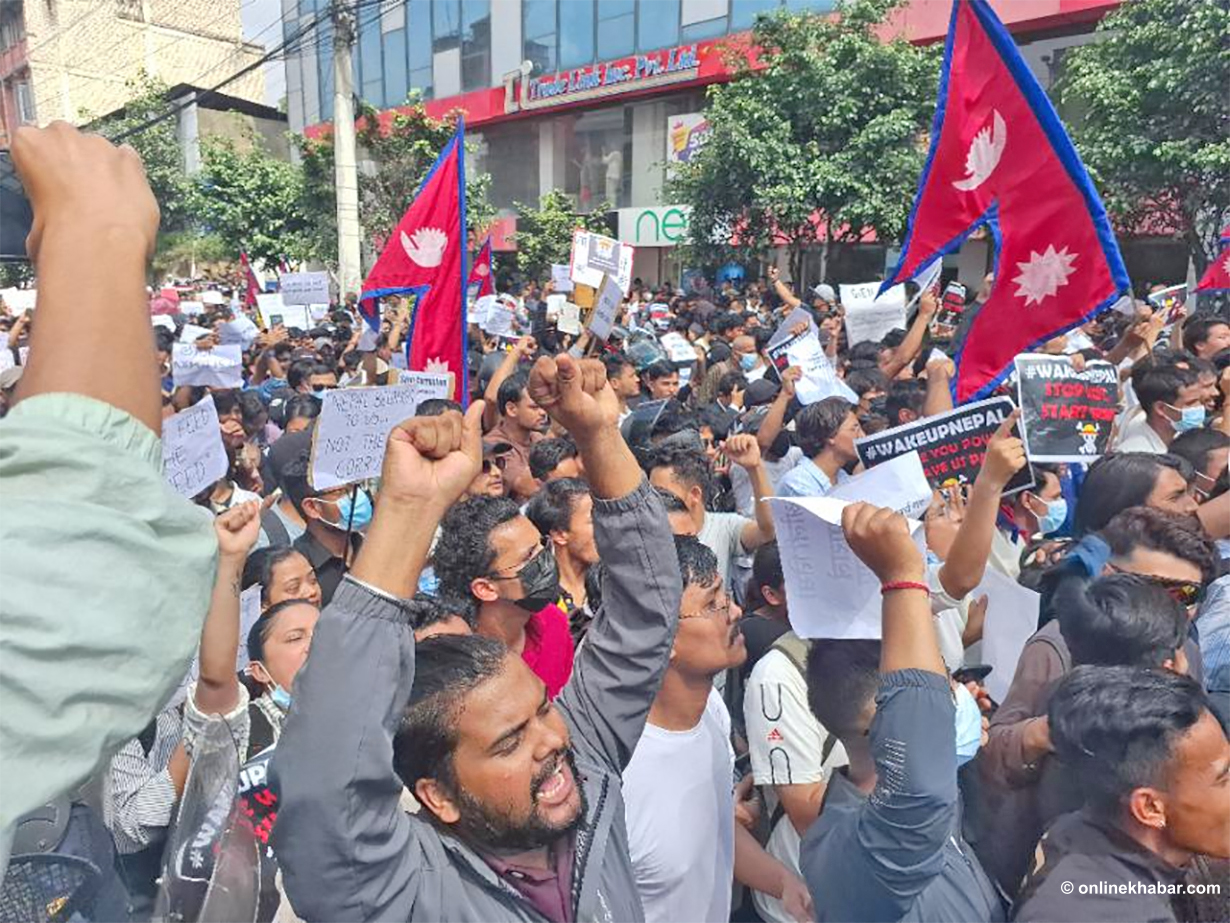In response to the worsening situation induced by the Covid-19 pandemic, social workers in Nepal are playing an integral role with the utmost professionalism and commitment to protecting humankind. Since the early confirmation of the virus in Nepal, they are on the frontline of the pandemic response, helping people with a range of professional services through various interventions strategies. Their work has been shaped primarily at the individual, group, community, and policy levels.
Yet, they need to do something more.
What did they do?
Concerning the escalation of rumours and fake news on Covid-19 in Nepal, some social workers are using an evidence-based approach to debunk the overabundance of falsehood with attention to minimise its detrimental effects on public health. As the issue keeps spreading like a wildfire, they are continuously disseminating factual information through virtual and social media platforms and are educating people through knowledge-sharing activities like webinars. In this context, young social workers from Accountability Lab have been bridging the knowledge gap through information campaigns to keep communities safe and well-informed about the true state of the pandemic as well as avoid social disruptions caused by fear.
While the prolonged lockdown continues to affect the livelihood of poor people, several relief and rescue campaigns have been organised in both urban and rural settings. For example, a group of social workers from Hamro Sano Prayas have been providing material support to low-income families and disadvantaged backgrounds utilising need-based intervention. Responding to the plights of the needy, they have also reached remote areas with essential supplies including medical equipment and food. Within the period of 15 months, the campaign has touched more than 700,000 lives covering all seven provinces of the country.
Realising the severe impact of Covid-19 on the mental health of children, students, frontline workers, patients, and other vulnerable populations, social workers involved in the healthcare profession have been rendering remote psychosocial and emotional support, utilising available technology to help clients develop coping abilities. These include free telephonic counselling, stress reduction techniques, self-help, mindfulness workshops, and other mental health awareness through radio, pamphlets, and podcasts. Similarly, helpline services are operated to assist the survivors of gender-based violence with referral, shelter, psychological and legal support, as the cases rocketed at a time of lockdown.

Amid the alarming rise in human rights violations, the profession has been pivotal in protecting citizens’ fundamental rights through systemic advocacy campaigns. For instance, when quarantine centres turned out to be unsafe for women, practitioners immediately called for the attention of concerned authorities to ensure a safer and gender-friendly isolation facility. Realising the inequalities and discrimination faced by marginalised groups on access to health and social services, consultations have been made at the policy level to guarantee people’s basic rights enshrined in the constitution and international laws. Along with this, scientific research and studies have been conducted to highlight the bleak picture of Covid-19 and its effects on destitute groups such as people with disabilities, Dalits, street children, and homeless people.
While human dignity suffers from job loss, deprivation of social and economic resources, and a lack of access to health services, social workers have played a key role in facilitating and connecting them with employment and emergency relief such as oxygen, hospital beds, blood, etc. Indigenous social work practices such as dharma bhakari or food bank have also been restored to aid needily with essential goods.
What do they need to do now?
Owing to the fact that the state-led response against Covid-19 constituted rampant corruption, discriminatory policy decisions, and sheer negligence, social workers alerted the state to adopt the principle of equality and accountability to ensure inclusion and transparency in the health and social care systems. In this regard, their participation can be observed in the nationwide peaceful protests organised amidst lockdown demanding wider PCR tests, better quarantine facilities, safe space to returnee migrants, and strengthening of the fractured health system. Some prominent social workers like Pukar Bam even initiated hunger strikes using the non-violence method to wake up the sleeping government to respond promptly to the perilous situation. The undertaking successfully brought the government in the striker’s shoes after multiple dialogues and negotiations.
Apart from human service, the commendable job of social workers can be observed in animal care and protection. Although the issue does not fall in its purview, many volunteers joined the feeding campaigns run by animal care organisations and also led their initiative to support food supply to stray animals. The involvement of fresh social work graduates can be widely seen in this instance. Also, their transformative roles can be seen in leading several welfare programmes such as food distributions.
Coming to the present situation, social workers now should advocate for a fast and fair rollout of the vaccinations with prioritisation to the most indigent people. Awareness of immunisations should also be a priority across the nation. In light of this, the social workers are working side by side with communities, and local entities to address the devastating impact of Covid-19.
Nonetheless, the fundamental commitment of social workers towards society will continue to be of critical importance throughout this period. Despite repeated ignorance from the state, the profession has been always at the forefront to support the government in the event of disasters, crises, and conflicts. With a long record of national contribution, the Covid-19 has also proved its significance and has given an opportunity to reflect its relevancy in times of public emergencies. Therefore, it is crucial to learn from this and promote the role of social workers as their needs remain immense.

























